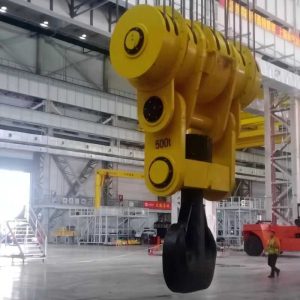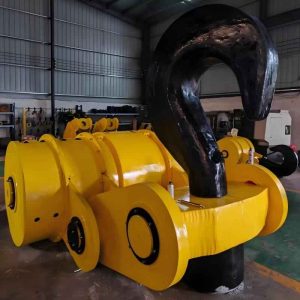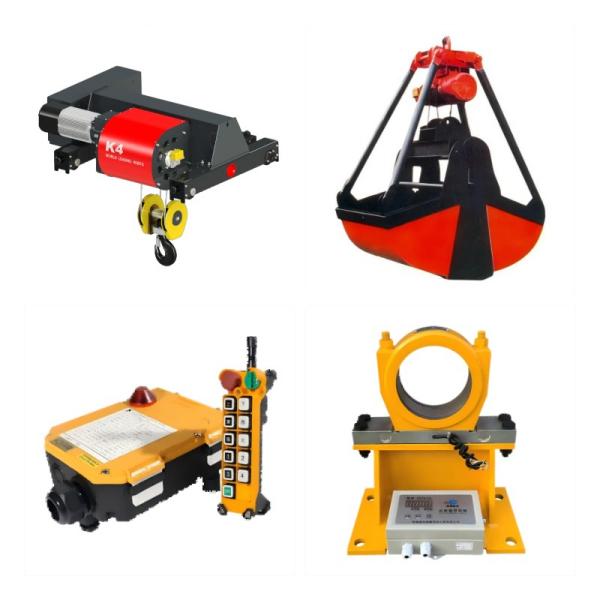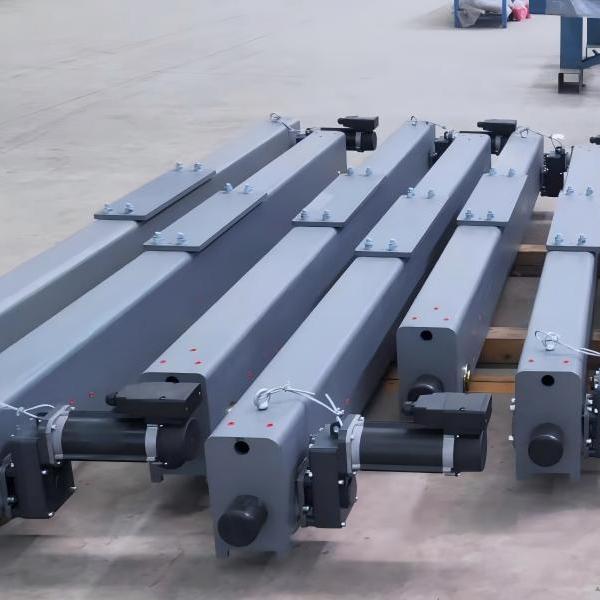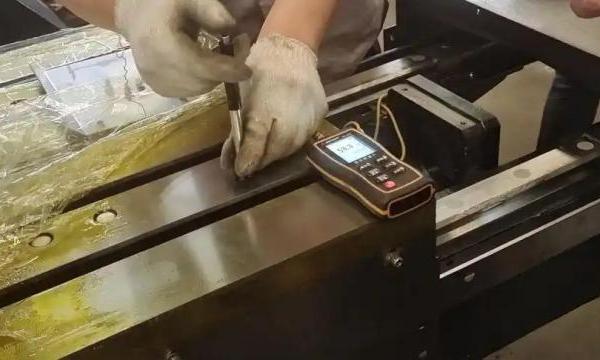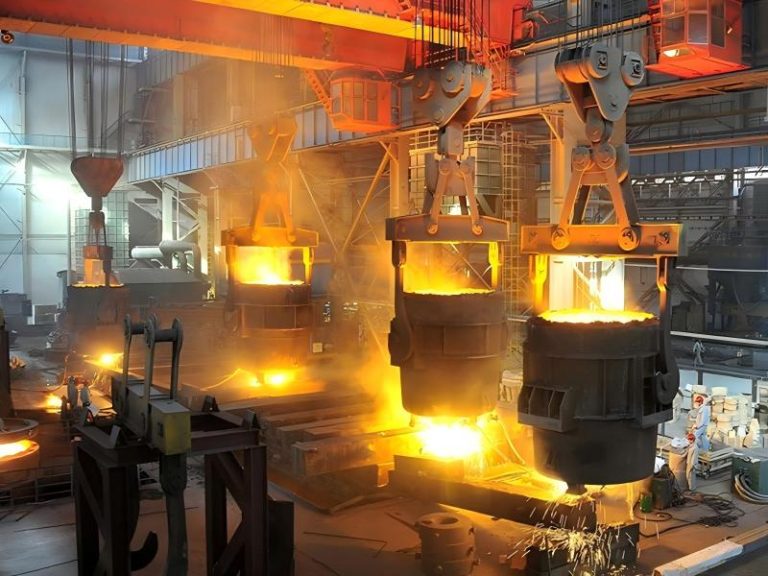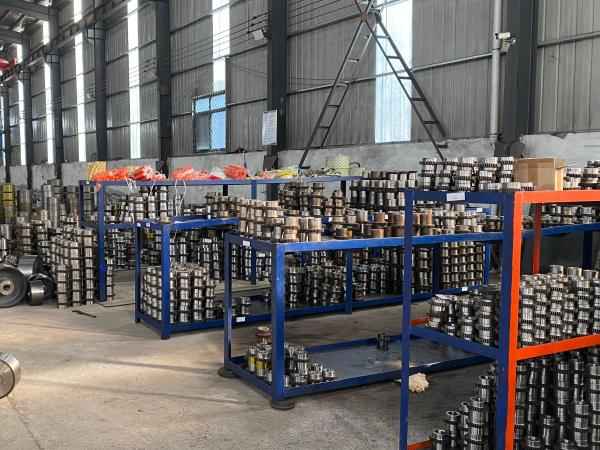How to Choose the Right Overhead Crane Hook
When it comes to lifting and material handling, the overhead crane hook plays a critical role in ensuring safety, efficiency, and productivity. Choosing the right hook is essential for avoiding equipment failure, reducing operational risks, and complying with safety standards.
Below, we’ll guide you through the key factors to consider when selecting the correct overhead crane hook for your operation, and integrate industry-relevant long-tail keywords to help you better understand the decision-making process.
1. Determine the Load Capacity and Application
Before choosing a hook, consider your crane’s maximum load capacity. For instance, a 10 ton overhead crane hooks must be dimensioned and rated accordingly. Always refer to the overhead crane hooks load limit chart provided by the manufacturer.
For heavy-duty tasks, opt for a heavy duty overhead crane hooks block that is forged and tested for extreme conditions.
2. Understand Hook Types and Features
Different applications require different hook designs. Some common types include:
- Single hooks for general lifting
- Double hooks for balanced loads
Swivel hooks for rotational movement
- Hooks with safety latches to prevent slippage
A swivel hook for overhead crane use is ideal for operations needing more flexibility, while a hook with safety latch for sale ensures added security during lifting.
3. Choose the Right Material and Manufacturing Method
A custom forged overhead crane hook is more durable than cast versions. Forged hooks are better suited for demanding environments and typically meet ISO or DIN standards, such as those specified in overhead crane hooks standard according to ISO or DIN.
Always request a load test certificate for quality assurance.
4. Consider Inspection and Maintenance Requirements
Hooks must be regularly checked for cracks, deformation, or excessive wear. Refer to an overhead crane hooks inspection checklist PDF to maintain a consistent maintenance routine.
Pay attention to:
- Throat opening
- Surface cracks
- Wear on the hook tip
Failure to inspect could lead to breakdowns. Understanding overhead crane hooks failure causes and solutions can prevent accidents.
5. Choose a Reliable Supplier
Work with a trusted overhead crane hooks manufacturer or supplier who provides detailed specifications and certifications. Ensure they offer:
- Forged products
- Custom options
- Compliance with international standards
A buy overhead crane hooks with load test certificate approach guarantees traceability and safety.
Conclusion
Choosing the right overhead crane hook is not just about load capacity; it’s about safety, application, and reliability. Whether you need a 5 ton overhead crane hooks, a double hook, or a high-strength swivel hook, ensure the product is tested, certified, and suitable for your specific use case.
Investing in the right equipment today helps avoid operational downtime and ensures workplace safety tomorrow.


